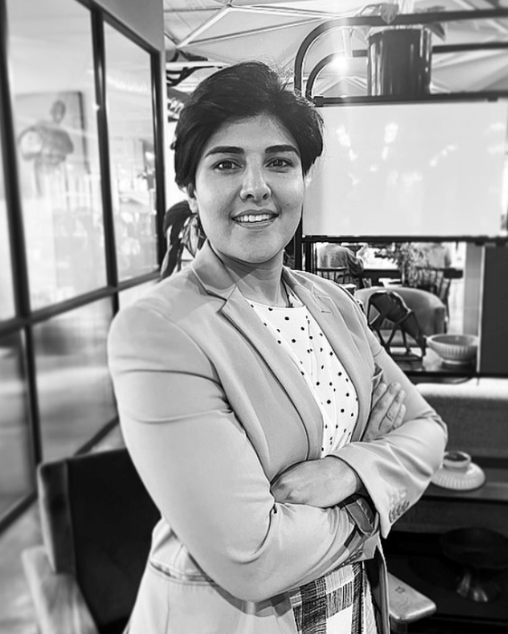In a world increasingly shaped by artificial intelligence, the question of human value takes on new urgency. As machines grow more capable of processing information, solving complex problems, and even simulating creativity, the real differentiator will not be raw intelligence, but the ability to think - critically, autonomously, and contextually - and to act on this thinking. The true power in this era will come in the form of human agency; to apply knowledge with intent, nuance, and ethical consideration. For Africa, this is a moment not just of adaptation, but of assertion.
The call for African intellectual autonomy is not new. The continent has long been a wellspring of independent thought, though often obscured by colonial narratives that positioned Western knowledge systems as superior. From the ancient Egyptians who recorded and preserved mathematical theories, to the role of Moroccan mathematicians in the origins and development of Algebra, to philosophical traditions embedded in oral storytelling, Africa has always had a way of knowing that is deeply connected to context, community, and continuity. In the 20th century, thinkers like Steve Biko championed the necessity of self-definition, challenging the dominance of Eurocentric ideologies and asserting that freedom begins in the mind. More recently, movements around decolonisation in academia, literature, and governance have sought to reclaim African epistemologies. But in the age of AI, this discussion is no longer just about decolonisation - it is about leadership.
Artificial intelligence, in many ways, represents a new kind of hegemony. Its algorithms are largely trained on data generated by Western institutions, shaped by the biases of the dominant cultural and economic forces. This creates a feedback loop where AI reflects and reinforces existing power structures. The risk for Africa is not only that it becomes a consumer of these technologies, but that it loses the opportunity to shape them. If African voices advocating for democracy and self-determination do not gain greater influence over AI’s development, the technology risks entrenching foreign interests over local priorities, reinforcing patterns of exploitation rather than enabling self-defined progress. The only way to resist this erasure is through intellectual self-determination.
At its core, AI is a tool - one that should serve human values rather than dictate them. This is where African philosophy offers something unique. The South African philosophy Umntu ngumntu ngabanye abantu - “a person is a person through other people” - stands in contrast to the individualistic ethos that often underpins AI development in Silicon Valley. African organisations, if they embrace this principle, have the potential to create AI systems that are deeply human-centred, prioritising collective well-being over narrow efficiency metrics. Instead of simply importing technology, Africa can develop ethical frameworks that ensure AI serves society rather than displaces it.
Across the continent, we are already seeing glimpses of what this future might look like. In Rwanda, AI is being used to improve community health outcomes by integrating indigenous knowledge with modern medicine. In South Africa, researchers are exploring how to train AI to learn local languages, ensuring that technology does not become a force of linguistic erasure. These are not just technical innovations - they are acts of intellectual autonomy, demonstrations of Africa defining its relationship with AI on its own terms.
The real question is whether Africa will embrace this moment. Intellectual autonomy is not just about resisting external influence - it is about generating original thought that shapes the world. If the continent leans into its own philosophical traditions, ethical frameworks, and collective intelligence, it can lead in defining what human-centred AI truly means. In a world where technology is becoming the great equaliser, Africa’s greatest asset is its ability to think differently. And that difference will be its power.
Mar 2025 African Autonomy AI African Development
